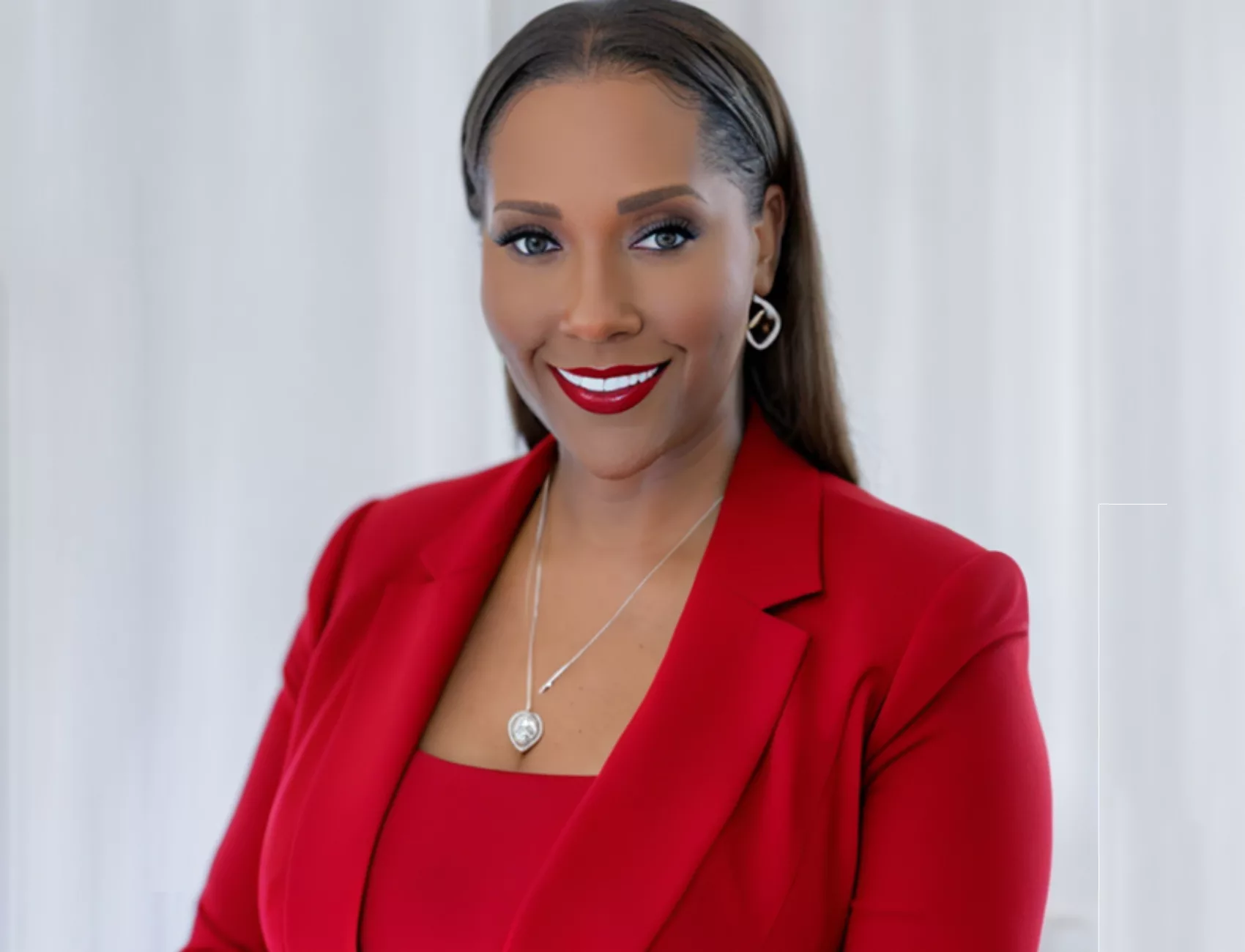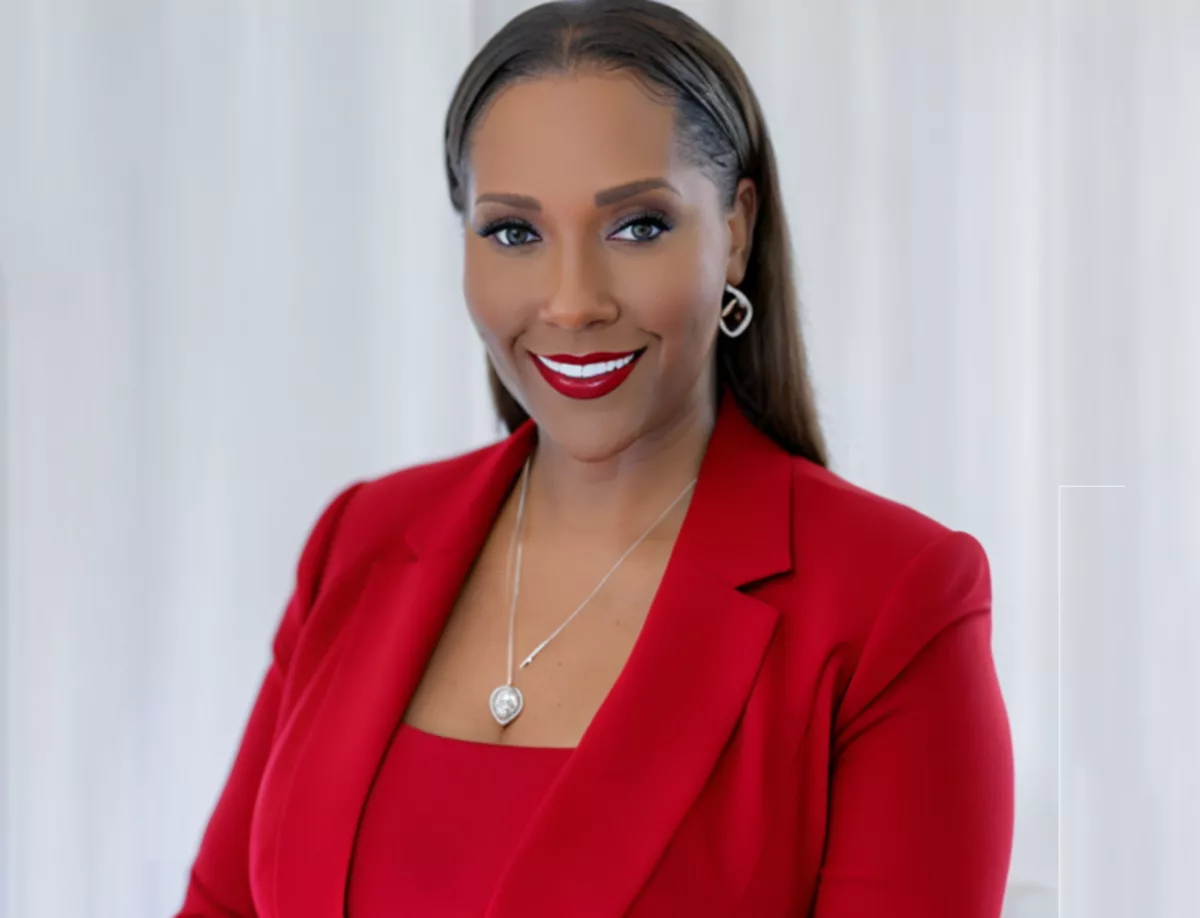Newsletter
‘They Are Attempting to Criminalize Every Part of Our Identity’
A leader in the LGBTQ community weighs in on the attempts by elected officials to legislate gay and trans people out of existence.


‘They are attempting to criminalize every part of our identity.’
by Meg O’Connor
Lawmakers introduced nearly 500 bills this year in an attempt to legislate gay and trans people out of existence, according to the American Civil Liberties Union. These bills seek to criminalize parents and doctors for providing trans youth with gender-affirming care. They prevent trans athletes from competing on sports teams that match their gender identity. They even ban teachers from discussing sexual orientation or gender identity with students.
Some elected officials want to send people to prison for life for providing gender-affirming care. They want parents of transgender kids to be investigated for child abuse. The number of bills targeting people for their gender or sexual identities has skyrocketed in recent years: Consider the 491 bills attacking LGBTQ rights lawmakers introduced during this legislative session compared to just 42 in 2018.
Amid this country’s increasing criminalization of gay, trans, and gender non-conforming people, The Appeal chatted with Dr. Tatyana Moaton, the executive director of Black and Pink National, an organization dedicated to abolishing the criminal punishment system and liberating LGBTQIA2S+ people.
Moaton told The Appeal she has had “an interesting journey,” as she describes it, to her current position. She has a background in both public health and business, which led to her getting an MBA and a doctorate degree. She’s a formerly incarcerated Black transgender woman and military veteran.
“Those are lovely accolades to tie on the bow of the journey that I’ve had being system impacted,” said Moaton. “It wasn’t even until recently that I realized how all of these systems are connected.”
The Appeal spoke to Moaton about the ways lawmakers are weaponizing the criminal legal system against the gay and trans community—and how folks can fight back. The interview has been edited for space and clarity.
The Appeal: Can you tell me a bit about yourself and what led you to this work?
Dr. Tatyana Moaton: My identities existed in systems that were not designed to support me. Gender-affirming health care wasn’t much of a reality for me. I can remember very vividly trying to obtain employment. I was in college, just coming home from the military after obtaining my basic training, and I wasn’t able to secure employment because my identity documents did not align with my identity at the time.
For a while, that became a barrier to employment itself. Of course, survival instincts kick in. There were no supportive services, so unfortunately, I found myself subjected to the criminal justice system and all the horrible experiences that come with it. Officers called me a “queer nigger.” I faced constant threats of violence and sexual assault in a prison that matched my gender identity at birth but not my current gender identity. I’d had breast augmentation. It was putting a woman in a men’s prison.
All of those things create social barriers and alienation and marginalization. The treatment that a doctor prescribed to me was taken away from me. No matter how a person ends up in the system, they still are entitled to quality health care, which means giving them their medications.
We face discrimination at all stages of the criminal legal process. It’s a doubly oppressive standard, being both Black and trans. As anti-trans legislation continues sweeping this country, I expect to see more of this.
TA: Can you talk about how LGBTQIA2S+ folks are being criminalized?
TM: They are attempting to criminalize every part of our identity. These people are trying to outlaw every part of who we are.
We’re talking about populations of people who have never experienced equality. We need to acknowledge that. And center those communities in these conversations. LGBTQIA2S+ people are overrepresented in the criminal justice system.
Sex work laws, anti-sodomy laws, and HIV laws still exist in this country, and they target LGBTQIA2S+ people. The criminal justice system has never been fair to LGBTQIA2S+ people. At Stonewall, the cops harassing people in those clubs were doing it “justly.”
Trans people are even more likely to be harmed by these systems. In prison, they’ll put people in segregation for “their protection,” but this cuts them off from their community, which harms the so-called “rehabilitation” they’re supposed to be experiencing inside prisons.
We are seeing the attacks on youth and schools and policy changes around books and curriculum and those sorts of things. Those are the beginnings of the criminalization of identity. The laws being enacted across the country against LGBTQIA2S+ youth will inevitably increase the school-to-prison pipeline. And kids growing up in a place like Florida, or another state where interactions with the criminal legal system limit their right to vote, won’t be able to if they’ve got a record.
I can remember during the last administration being asked, ‘How do I feel as a veteran and a trans person, having a commander in chief who invalidated all the contributions I gave to this country?’ It’s horrible to think that I fought for the right of those people to hate me.
TA: How can we fight back?
TM: We cannot be silent. Here at Black and Pink, we are building out programs and services and seeking to provide a refuge for system-impacted youth. We need to support organizations that provide legal aid to LGBTQIA2S+ individuals. We need to advocate for more inclusive and fair policies. In conjunction with our organization, Lambda Legal published a report on the experiences of incarcerated and formerly incarcerated individuals in the community. Even getting that out there so folks can understand these experiences is important—we need to continue to educate the public about these experiences. These are human beings. This is someone’s daughter, sibling, son, whoever. Going through the system does not invalidate their humanity.
Advocate for policy change—laws against discrimination, laws that protect LGBTQIA2S+ youth, laws that address the needs of people in the criminal legal system. Set up oversight committees. Ensure that infractions they may accrue within the system are not the sole decision of a single prison guard. Support the rights of the community.
Our criminal legal system was never set up to help us. We are making huge investments into the carceral systems while disinvesting in communities that vitally need services. We need to take a different approach to punishment. We need to allow more opportunities for diversion rather than imprisonment. Support organizations like Black and Pink and others that are advocating for these changes.
These experiences have been my own, but they are not unique. Our prior executive director said folks often applaud a person for being resilient. But no one ever questions what it took to become that resilient. As we look at myself and others coming out of those concrete closets, yes we have overcome, but we carry a lot of trauma from those experiences.
I am hopeful. As our youths are experiencing their very identities being banned from schools, they will look around and start to say, ‘I don’t see myself reflected in what I’m learning. They’ll wrestle with questions of belonging. The reality is that a lot of these students are starting to become of voting age. Movements will start to erupt. Out of oppressed people will arise this kind of fight.
ICYMI — from The Appeal
Incarcerated writer Nick Hacheney is looking forward to returning home after more than 20 years in prison. He’s hopeful—but also worried about gaps in the reentry system that fail to account for the specific traumas of long-term incarceration.
The arrest of Atlanta bail fund organizers last week stemmed from highly unusual charges that almost never involve a SWAT team response, experts told Aja Arnold. Advocates say the state is once again using fascist tactics against Cop City protesters.
The U.S. government is refusing to protect dozens of immigrant women who were sexually abused by federal prison staff or who cooperated with investigations that uncovered misconduct, Victoria Law reports. At least 26 face deportation despite being eligible for U visas.
People in Massachusetts prisons say their dental care is atrocious. One man told Elizabeth Weill-Greenberg he’s been without bottom dentures since 2017. Another was denied a prosthetic front tooth because he’s not within six months of his release date.
In a new episode of “The Wall: Behind and Beyond,” presented by The Appeal, incarcerated host Phillip A. Jones talks with David Shipley about the rehabilitative effect of the open prison where he served time and the different approaches to incarceration in the U.S. and U.K.
In the news
An 8-year-old girl who died in Border Patrol custody had a 104.9 fever the day before she died. On the day of her death, May 17, a nurse practitioner denied multiple requests for an ambulance or hospital visit. [Hamed Aleaziz / Twitter]
Appeal Contributing Editor Christopher Blackwell spoke with NPR affiliate KUOW about the differences between prison and county jail. [Libby Denkmann, Jason Burrows, and Sarah Leibovitz / KUOW]
The New York City Police Department arrested activist Qween Jean after a Trans Revolution rally she organized. She was accused of using a megaphone without a permit. [Samantha Riedel / them]
The murder rate has fallen rapidly in many big cities over the first five months of the year. [Jeff Asher / The Atlantic]
Exoneree Johnny Small is speaking out about his wrongful conviction. “There wasn’t a day that went by that when I went out on that yard I didn’t look at that fence and want to get on it and make them shoot me because I was tired of being in there,” he said. “The only thing that stopped me was my Mama. And six months before I got out—that there was the hardest thing I ever had to do was when I lost my mom.” [Frances Weller and WECT Staff / WECT]
ZEKE Magazine is seeking documentary photography portfolios exploring the theme of incarceration in the United States for its fall 2023 issue. Chris Blackwell is guest editing the edition. [Social Documentary Network]
That’s all for this week. As always, feel free to leave us some feedback, and if you want to invest in the future of The Appeal, donate here.
